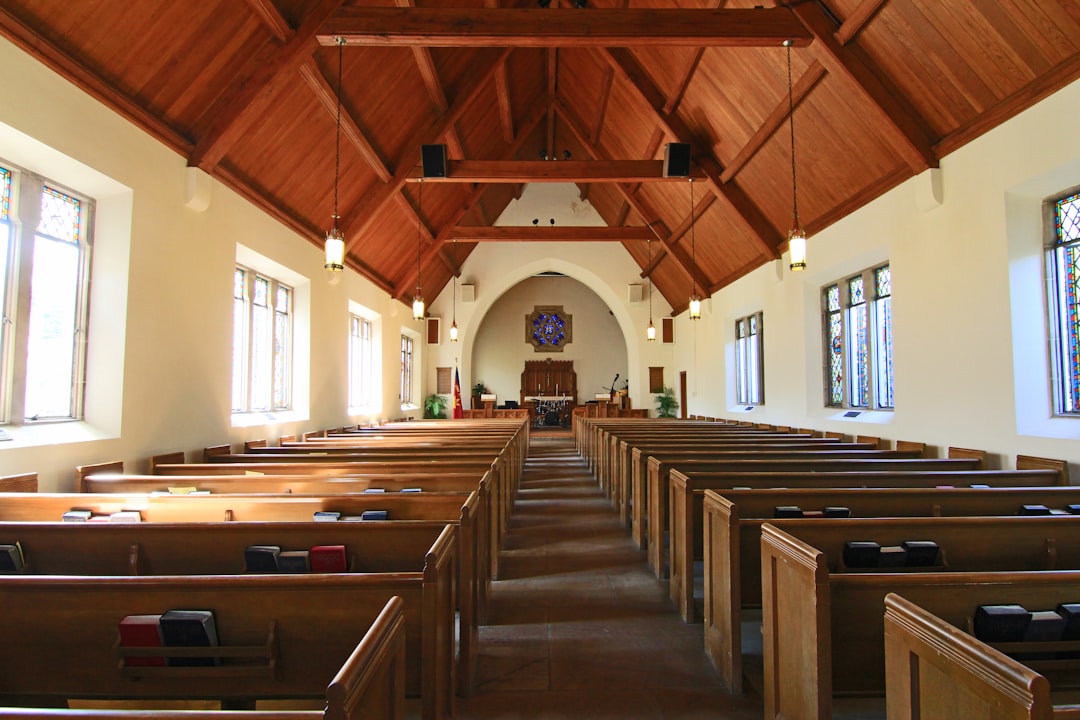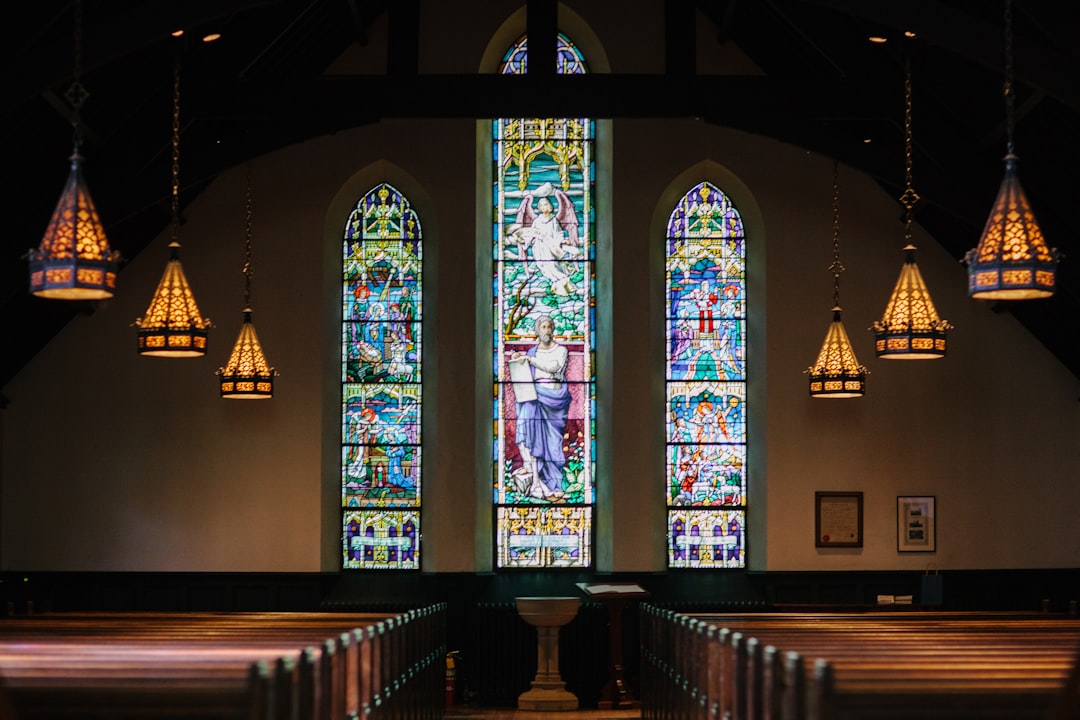Survivors of clergy abuse in New York face legal complexities and uncertainty. Specialized clergy abuse attorneys provide crucial guidance, ensuring victims understand their rights within time limits. Documenting evidence and consulting these attorneys facilitates healing, justice, and accountability through civil lawsuits and support services. Connecting with reputable clergy abuse attorneys New York is essential for navigating legal processes, seeking justice, and accessing resources for emotional recovery.
Finding Justice: Legal Recourse for Clergy Abuse Survivors in New York
Clergy abuse survivors in New York face unique challenges when seeking justice. This comprehensive guide explores their legal rights and options within the state’s laws, emphasizing the crucial role of experienced clergy abuse attorneys in navigating these complex issues. We delve into the steps to file a claim, the support available for healing, and the resources tailored to help survivors find closure and compensation.
Understanding Clergy Abuse: Recognizing Legal Rights

Many survivors of clergy abuse in New York may feel lost and unsure of their legal rights, especially if the abuse occurred many years ago. It’s crucial to understand that no one deserves to be harmed or abused, particularly within a position of trust like that held by clergy members. Recognizing the abuse is the first step; understanding your rights as a survivor is equally vital.
In New York, survivors of clergy abuse have legal recourse and can seek justice with the help of experienced clergy abuse attorneys. These professionals are specialized in handling such sensitive cases and can guide survivors through the complex legal system. It’s important to remember that time limits exist for filing lawsuits, so prompt action is encouraged. Survivors should document any evidence they have, including records or memories related to the abuse, as these can be crucial in supporting their case.
Navigating New York's Laws: Protection for Survivors

In New York, survivors of clergy abuse have specific legal protections and resources available to them. Understanding the state’s laws is crucial for those seeking justice and healing. The first step for many is to consult with experienced clergy abuse attorneys who specialize in these cases. These legal professionals can guide survivors through the complex landscape of New York’s statutes, which include provisions designed to protect individuals who have suffered sexual or physical abuse at the hands of religious leaders.
New York’s legal framework offers several avenues for recourse, including civil lawsuits against abusive clergy and institutions. The state’s statutes of limitations ensure that survivors have a period within which to file claims, providing them with the opportunity to seek compensation for their trauma and related expenses. Additionally, there are laws in place to protect the privacy of abuse victims, allowing them to pursue justice without fear of embarrassment or stigmatization. Clergy abuse attorneys in New York can help navigate these legal protections and help survivors take the necessary steps towards healing and recovery.
The Role of Clergy Abuse Attorneys in Support

Clergy abuse survivors in New York can find invaluable support and legal guidance from specialized clergy abuse attorneys. These professionals have an in-depth understanding of the unique challenges faced by individuals who have experienced sexual or emotional abuse within religious institutions. They offer a safe space for survivors to share their stories, providing both emotional and legal assistance.
Attorneys specializing in clergy abuse cases in New York are adept at navigating complex laws and regulations, ensuring that survivors’ rights are protected. They can help with various aspects, from filing legal claims against abusers or institutions to counseling and connecting clients with support groups. Their expertise enables them to offer compassionate yet fierce representation, advocating for justice and healing for those affected by clergy abuse.
Filing a Claim: Steps to Justice and Compensation

Surviving clergy abuse is a harrowing experience, but understanding your legal rights is a crucial step toward justice and healing. If you’ve been a victim of sexual or emotional abuse by a member of the clergy in New York, it’s important to know that there are legal avenues to seek compensation and hold the abuser accountable. The first step is to connect with reputable clergy abuse attorneys New York who specialize in these cases. These experts will guide you through the complex legal process.
They will help you file a claim, which typically involves gathering evidence, interviewing witnesses, and constructing a strong case. This may include official reports, medical records, and detailed accounts of the abuse from trusted sources. Once your claim is filed, it will be presented to the appropriate authorities for investigation and potential legal proceedings. Remember, seeking justice is not just about punishment; it’s also about ensuring that other survivors find the support and resources they need.
Resources and Support: Healing After Trauma

For survivors of clergy abuse, finding resources and support is a crucial step in the healing process. Many organizations in New York offer specialized services tailored to help individuals navigate the aftermath of such traumatic experiences. These include counseling and therapy sessions, where survivors can process their emotions and memories with the aid of trained professionals. Support groups are also prevalent, providing safe spaces for sharing stories, gaining perspective, and fostering community among those who have endured similar hardships.
In addition to these emotional support systems, clergy abuse attorneys in New York play a vital role in ensuring justice and accountability. They assist survivors in understanding their legal rights and options, which can range from civil lawsuits against abusive clergy to reporting the abuse to relevant authorities. Accessing these resources empowers survivors to take control of their healing journey and seek closure while contributing to the prevention of future clergy-related abuse.





